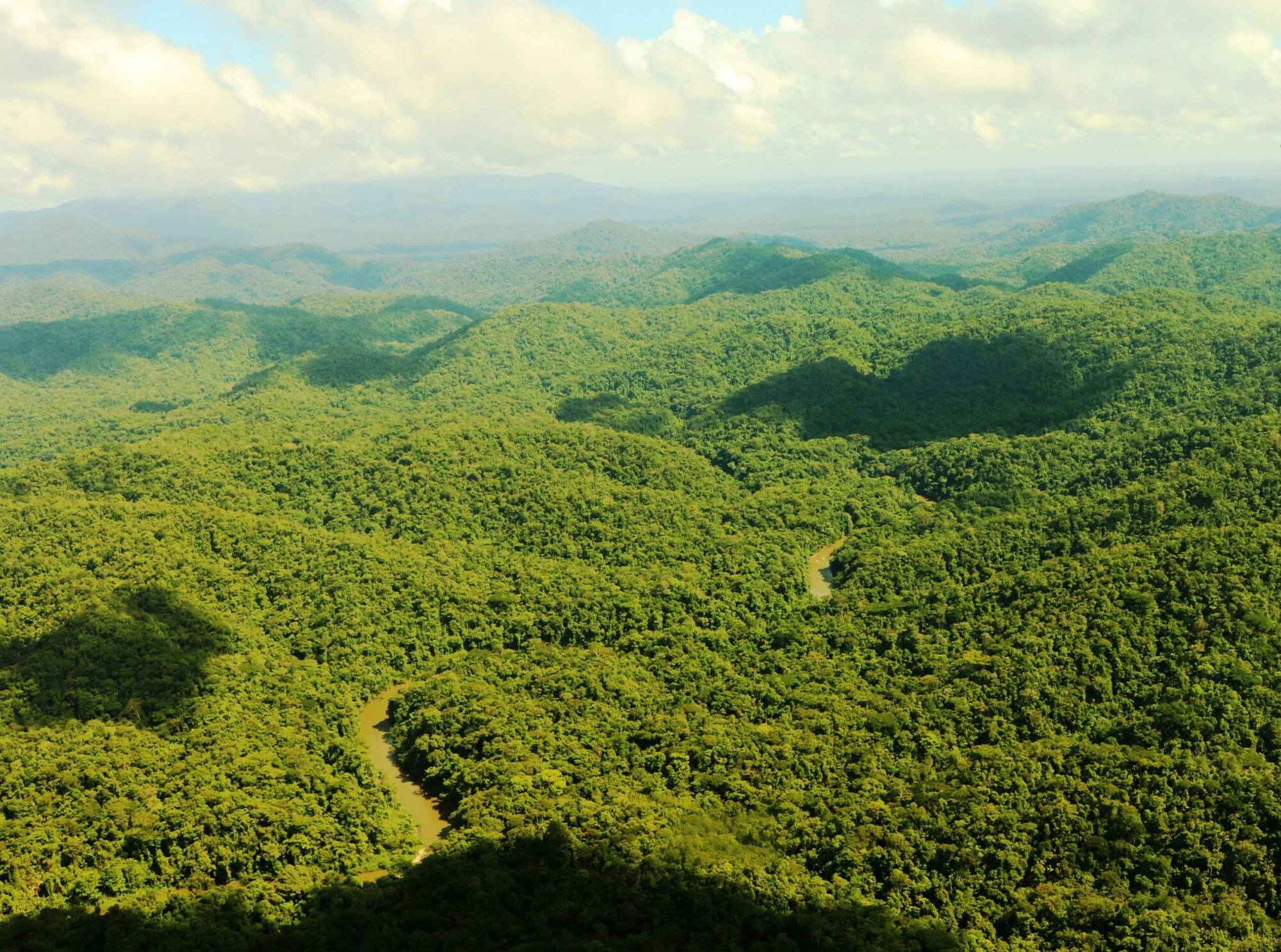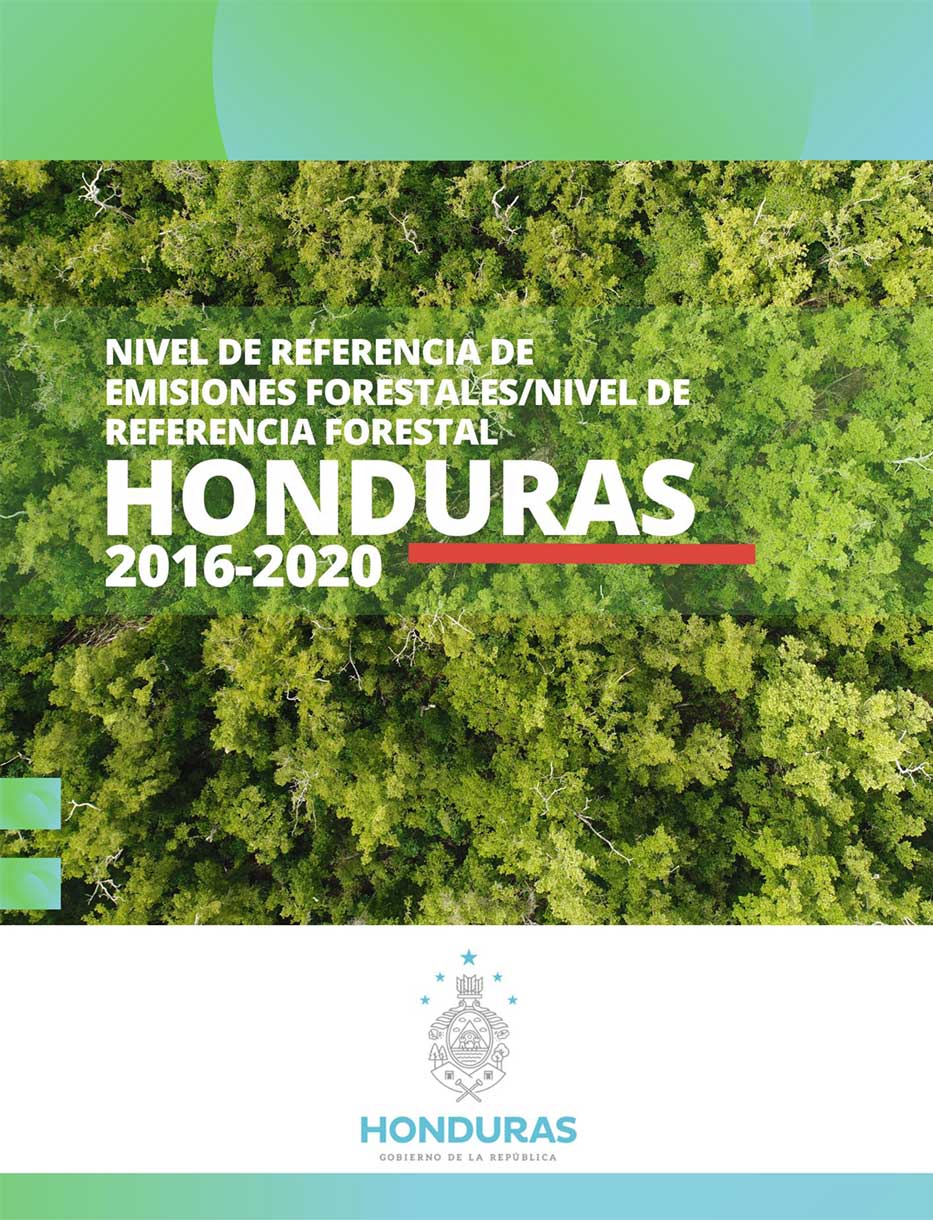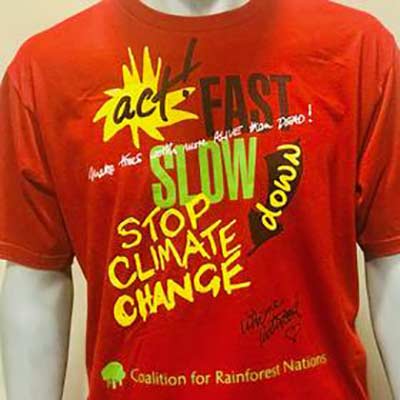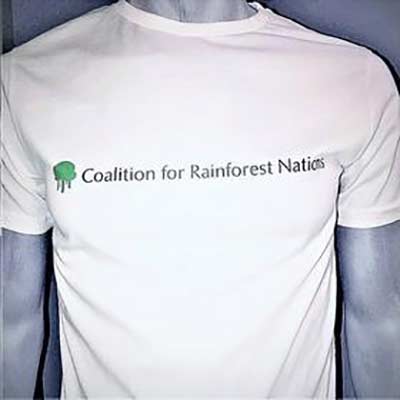
Honduras REDD+ Actions Can Help Stem Emigration
Honduras’s submission of its Forest Reference Level / Forest Reference Emissions Level 2021-2025 brings it a step closer receiving climate finance under the REDD+ framework.
This January, Honduras updated its national forest reference emissions level/or forest reference level, one of the key elements to be developed by countries implementing REDD+. Honduras’s new REDD+ report is available to the public here. Completing the process will set Honduras up to receive much needed climate finance to help keep its citizens from moving abroad to work.
Reducing emissions from deforestation and forest degradation and the role of conservation, sustainable management of forests and enhancement of forest carbon stocks (REDD+) is a framework negotiated under the United Nations Framework Convention on Climate Change. It is designed to reward developing nations for slowing and stopping deforestation.
With this update, Honduras has improved the scope of data and results on emissions and removals associated with the five REDD+ activities, solving information gaps and inconsistencies identified in its 2020 FREL/FRL 2020 report, and covers the timeframe 2021-2025. This step sets Honduras on the road to receive results-based payments through converting its REDD+ results into sovereign carbon credits. These will be considered internationally transferred mitigation outcomes (ITMOs). ITMOs are a type of climate finance recognized by the Article 6 rulebook under the Paris Agreement.
Receiving results-based payments will help meet another key goal. Honduras’s government wants to stem the tide of emigration. Creating jobs in sustainable forest products and industries like ecotourism and agroforestry are a high policy priority for Honduras. They will help keep Hondurans at home rather than working abroad. With the help of experts of the Coalition for Rainforest Nations (CfRN), through the Reporting for Results-based REDD+(RRR+) Project, Honduras is a step closer to obtaining climate finance which will help fund those jobs.
The updated submission is aligned with Honduras’s nationally determined contribution (NDC), or decarbonization pledge to the Paris Agreement. It also aligns with Honduras’s National REDD+ Strategy, and its Forest and Other land use sector GHG inventory, following the methodologies and good-practice guidelines of the Intergovernmental Panel on Climate Change (IPCC).
In it, Honduras expresses thanks to the outstanding experts from CfRN’s Reporting for Results-based REDD+ (RRR+) initiative, for their invaluable contribution. Honduras thanked the RRR+ team for help in compiling it, and for overall support from CfRN. They also note the contributions of other initiatives such the Silvacarbon program, the PROMUCLIMA project, and the Global Environment Facility.
Through REDD+ Honduras looks forward to a brighter future for its people and its forest ecosystems.



